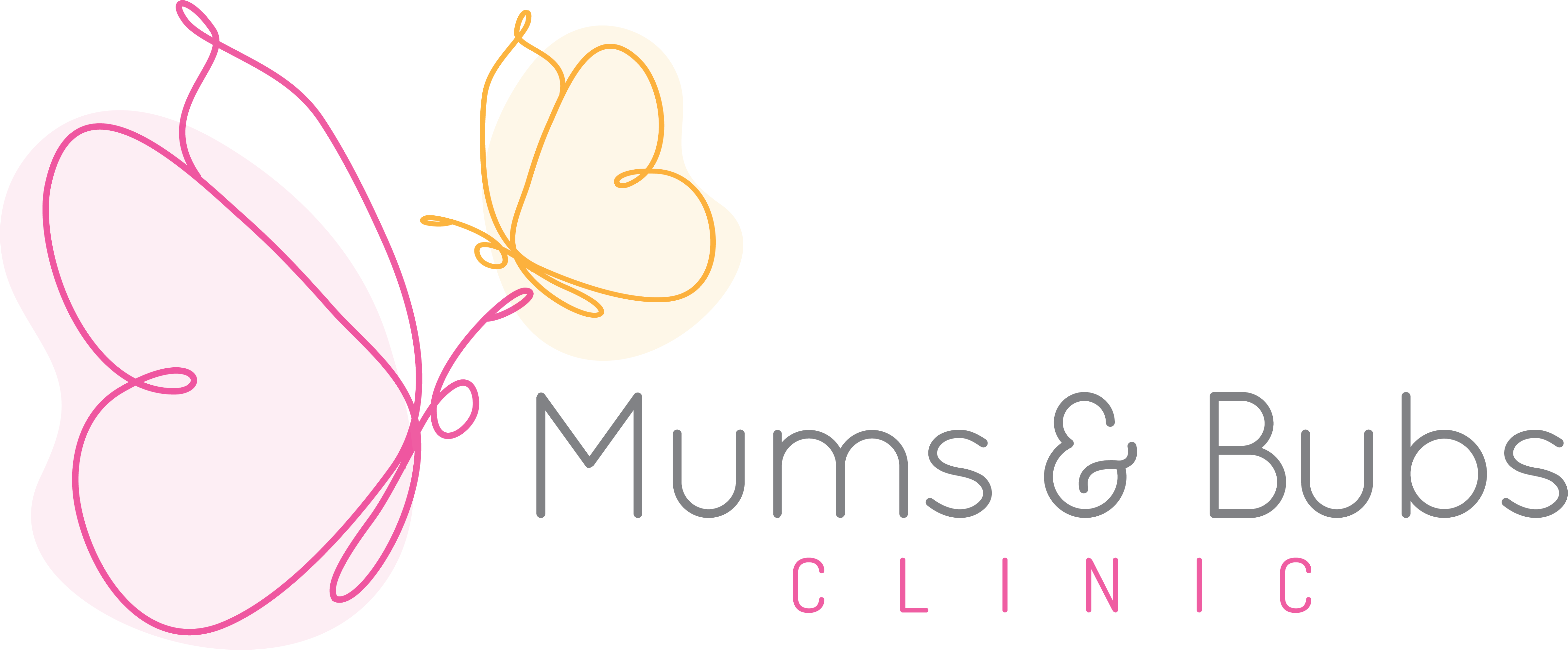‘This is not what I expected.’
It’s now 14 years since I heard my patient (who I’ll call Jane from here on) whisper those words as she sat across from me, cuddling her four-week-old baby.
At several points during her pregnancy she’d mentioned to me how much she was looking forward to motherhood. We’d talked about the excitement and joy she was expecting to feel after putting her thriving teaching career on hold to have a baby. It was everything that she had been working towards.
Unfortunately, motherhood was failing to deliver on Jane’s expectations.
The challenges of the fourth trimester
The fourth trimester (the three months that follow birth) is a period of massive transition for new mothers. Not only are they trying to meet the needs of their new baby and others in their household, they’re also often dealing with pain, sleep deprivation and loss of identity.
Compounding these challenges is the image of the ‘ideal mother’ – that person who is always happy and cheerful, always puts the child’s needs before her own and has few needs herself. The ideal mother is a creation of modern society where new mothers no longer go home to a ‘village’ of family members. Instead they go home to an isolated ‘home-based’ unit that lacks support.
In the traditional village-style setup, experienced mothers can observe the struggles of new mothers, reassure them what they’re going through is what every mother before them has gone through, and provide meaningful support.
In the more isolated home-based setup of the Western world today, new mothers aren’t sure whether their experience is normal, and seeing others (either in real life or social media) seemingly breezing through the early months of their baby’s life can make them feel inadequate and like a failure.
It can also hold them back from seeking the help they need.
Jane is a great case in point. After telling me, ‘This is not what I expected’, she also confessed that just that morning she’d told the other women in her mother’s group that everything was awesome, and she was already thinking about number two.
Redefining expectations
As a relatively junior General Practice Obstetrician (14 years ago), I’d always focused on the ‘outcome’. Because Jane’s baby was thriving, I assumed things were going well.
What I failed to recognise was how her expectations were affecting her mental wellbeing.
The ambivalence and sense of failure Jane was feeling in the postnatal period was leading to an increase in her anxiety and the development of postnatal depression. On the same day Jane had told her mother’s group that ‘everything was awesome’, she revealed to me that most days she burst into tears regularly and had lost interest in ‘everything’. She’d begun to resent her child, feared being left alone with him and started to cry at the prospect of having to get up to breastfeed him. She wanted her old life back, because instead of feeling joy and excitement, she felt horribly isolated and alone.
While I referred Jane to a perinatal psychologist and talked to her about the importance of developing a social network to support her during these difficult times, perhaps the most helpful thing I did was assure her that what she was experiencing was completely normal.
Over the coming weeks, Jane slowly improved. She began by setting realistic expectations and having honest conversations with her partner. She no longer tried to be everything to everyone. Instead she readily accepted help from those around her. She not only survived, she began to thrive.
By the time of her second pregnancy, Jane was better prepared for motherhood. Jane set more realistic ‘targets’ for her first six weeks after birth: to have a shower, make sure she looked after herself and focus on forming a bond with her newborn baby. Everything beyond that was a bonus.
A more balanced perspective
My experience with Jane demonstrated the importance of discussing (and managing) expectations prior to the birth of the baby.
As part of this, we need to stop perpetuating the myth of the ideal, super parent and instead openly discuss the rocky road that confronts many parents as they embark on the transition to parenthood.
This is not to say that we should focus on the negative! I know how much it irks many pregnant women to be told, ‘Oh, sleep now, because you won’t sleep when the baby comes,’ or, ‘Enjoy your life now because it will never be the same again when baby arrives.’
Rather, we just need to offer a balanced perspective of what the early months of a new baby’s life tends to look like. After all, studies have shown that it doesn’t matter if things are going ‘well’. It only matters if things are going better than expected. As a society, we have a role in taking off the make-up and showing the natural beauty that is new parenthood.
It is not about lowering expectations, it is about having realistic discussions about what is ‘normal’ and supporting our new mothers in this special (but often challenging time).

